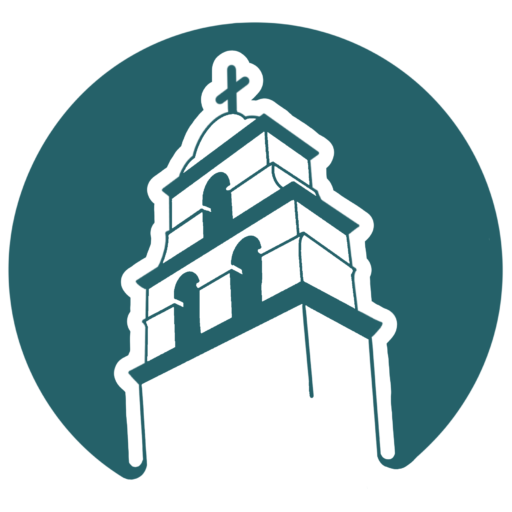On July 4, 2021, the 84-year-old Pope Francis had surgery to remove a portion of his left colon in what has been described as a planned procedure. A 10 person team of doctors and nurses at Rome’s Gemelli hospital performed the operation in about 3 hours’ time. That type of surgery is
considered major and it was conducted with Francis under general anesthesia. That operation is used to remove a section of the bowel that has narrowed and causes severe pain. The two healthy ends of the colon are stitched back together. Older people very commonly experience this type of bowel problem, and they are usually treated with antibiotics. However about 10% to 20% of such people require surgery. The biggest risk in such an operation is that it may fail and the patient experiences more pain, fever and infection. A chest infection with pain could develop that might also make it difficult to breathe deeply, preventing the lungs from expanding fully and getting rid of fluid that can cause problems. A failure would require another operation to repair the connection, but only two or three out of 100 surgeries require a repeat. Recovery usually takes four to six weeks to get back to normal duties, but at his age, much physical therapy and more recovery time may be necessary. Francis is planning to visit Slovakia and Hungary for a few days in mid-September. In recovery, Pope Francis was said to be doing well and two days after surgery he had breakfast, read the newspaper and got out of bed to walk. He was expected to stay in the hospital for a week. The hospital room is on the 10th floor in a wing reserved for papal medical emergencies. The medical suite can be recognized from the street by its five large windows covered by white blinds. It is the same room that Pope John Paul II stayed during his many hospital treatments including after being shot in 1981 in an assassination attempt. Journalists gathered outside the Gemelli hospital facing those windows. On the fourth day after surgery Francis resumed some of his work, alternating it with reading. He celebrated Mass in the chapel of his hospital room with those attending who assisted him in the hospital. Pope Francis gave thanks for the many messages he received daily and asked for continued pray for him. He temporarily ran a fever, but by the fifth day it was gone. A CT scan of his chest and abdomen found no problems and he was able to move and eat unassisted
